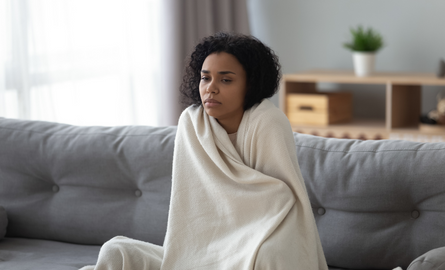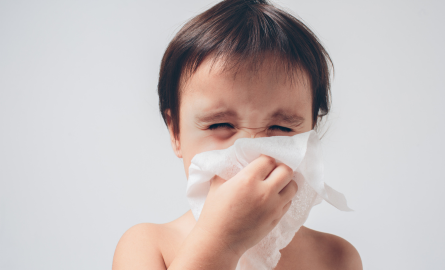Late fall and winter are peak times for respiratory illnesses like COVID-19 to spread.
How to Protect Yourself and Others
Find information on who is eligible for publicly funded testing,
where to access testing, and what treatments are available.
COVID-19 Testing and Treatment
Can't find your answer? Contact Us.
More Information about COVID-19 |
|
Reporting |
|
Report to the Health Unit by next business day by phone at 705-474-1400 or toll free at 1-800-563-2808, ext. 5229 if COVID-19 is suspected or confirmed as per Ontario Regulation 135/18 and amendments under the Health Protection and Promotion Act, R.S.O., c.H.7. |
Should one go to childcare, school, or work if they have COVID-19? |
|
Ill individuals should remain home until they do not have a fever, do not develop any new symptoms, and symptoms have been improving for at least 24 hours (48 hours for nausea, vomiting, and/or diarrhea). Note: exclusion guidelines may differ for healthcare providers. Follow the direction of your healthcare provider, public health case manager, or occupational health at your workplace. See Protection from COVID-19 and other respiratory illnesses for additional information. |
COVID-19 Vaccines |
Businesses and Workplaces |
High-Risk Settings |
|
Recommendations for Outbreak Prevention and Control in Institutions and Congregate Living Settings Childcare Centres
Congregate Living SettingsLong-Term Care and Retirement Homes |
Healthcare Providers |
|
General COVID-19 Information |
Post COVID-19 condition information
|
Questions?
Contact our Communicable Disease Control (CDC) program at 705-474-1400 or toll-free at 1-800-563-2808, ext. 5229, or by email to cdc@healthunit.ca.
Speak with a registered nurse by phone or online for free, secure, and confidential health advice 24/7 with Health811.
Last updated: October 2025, by Communications





